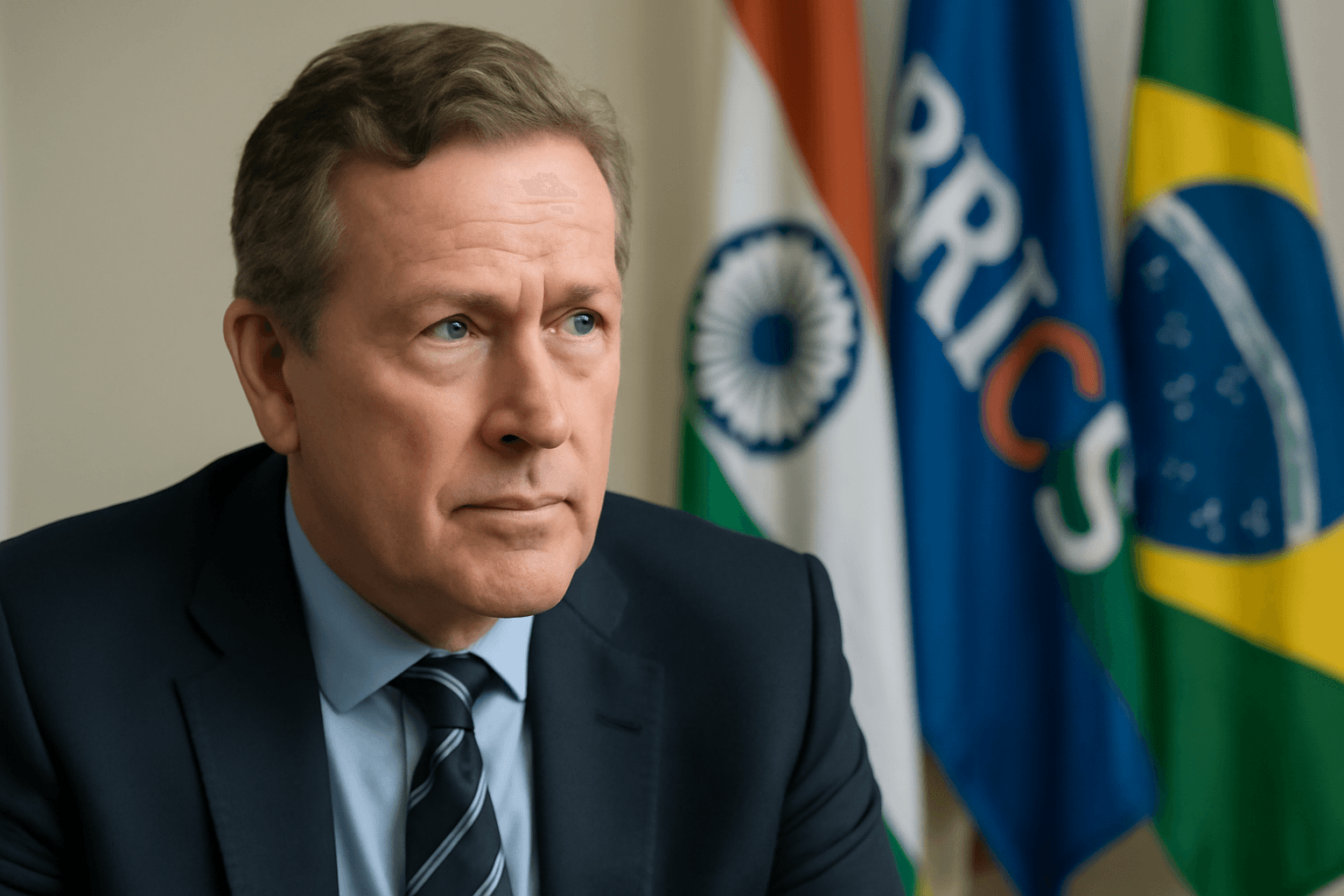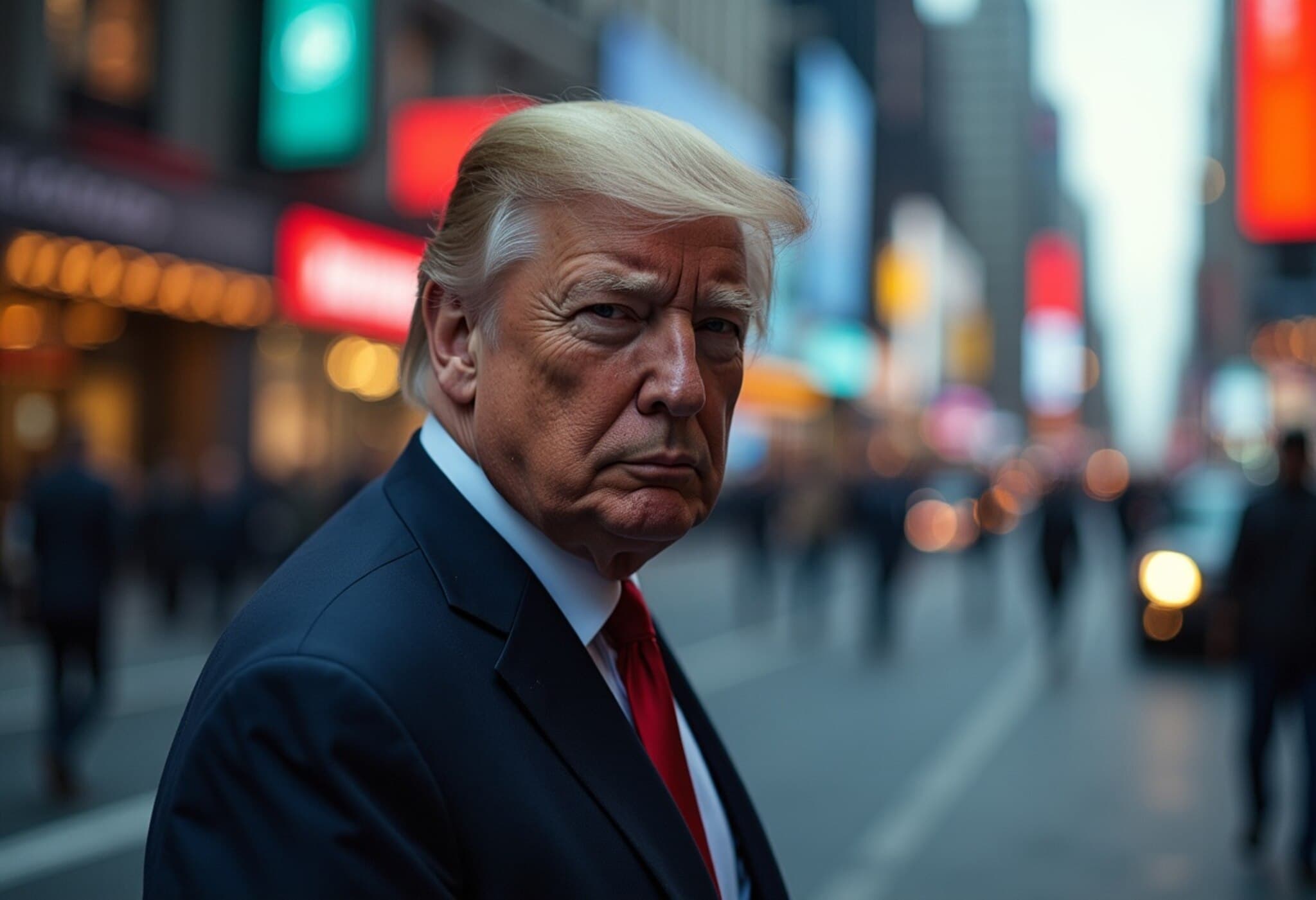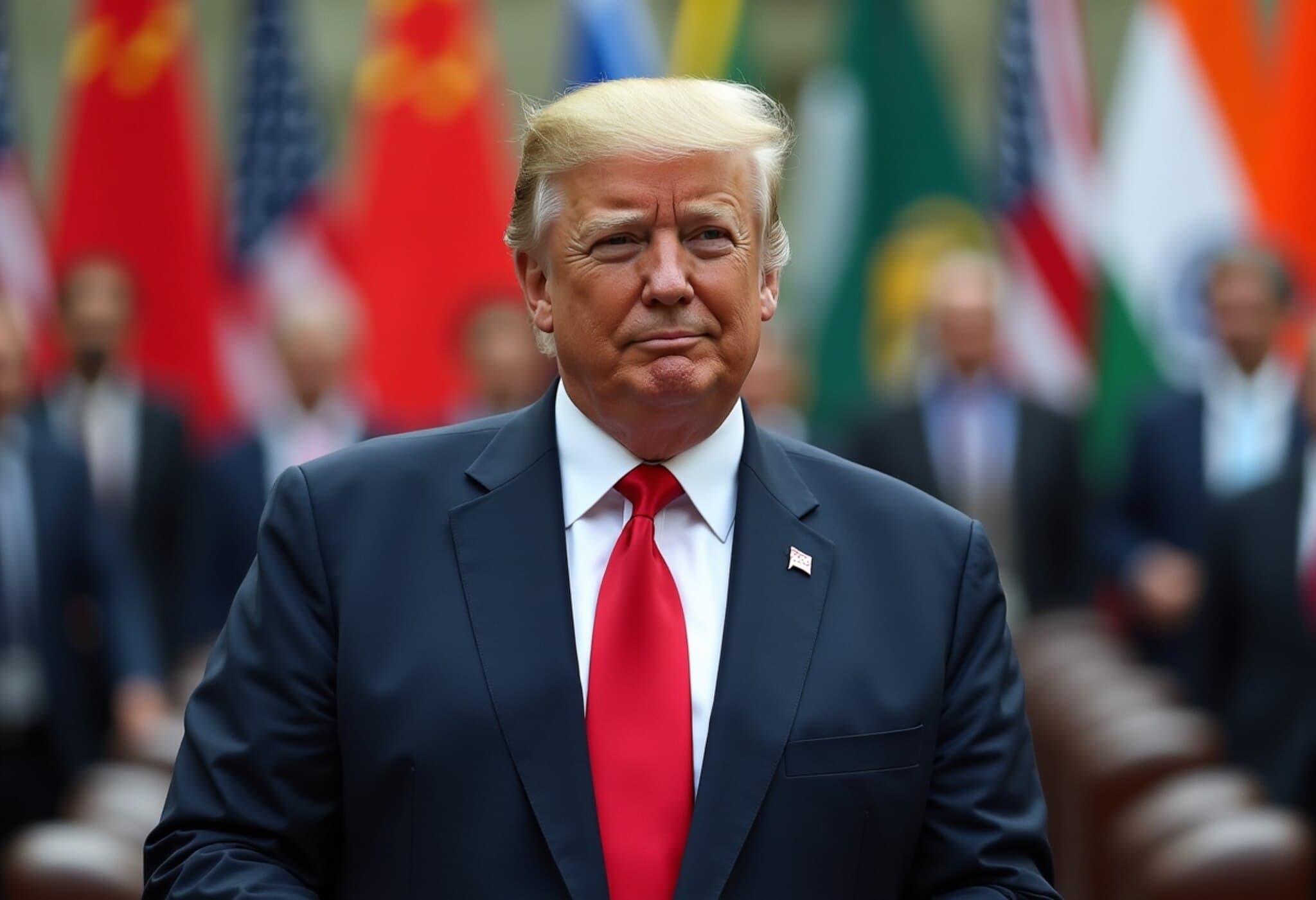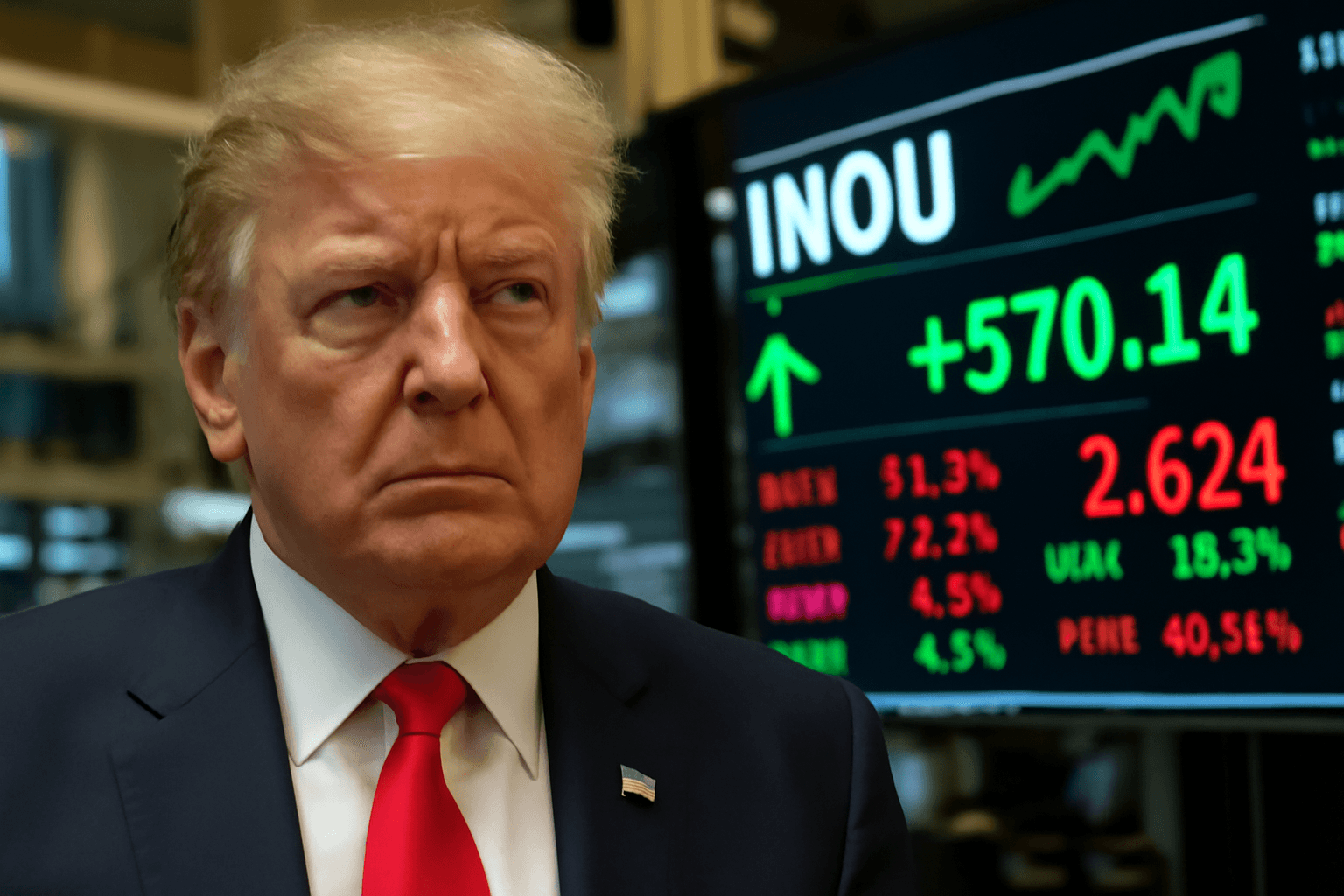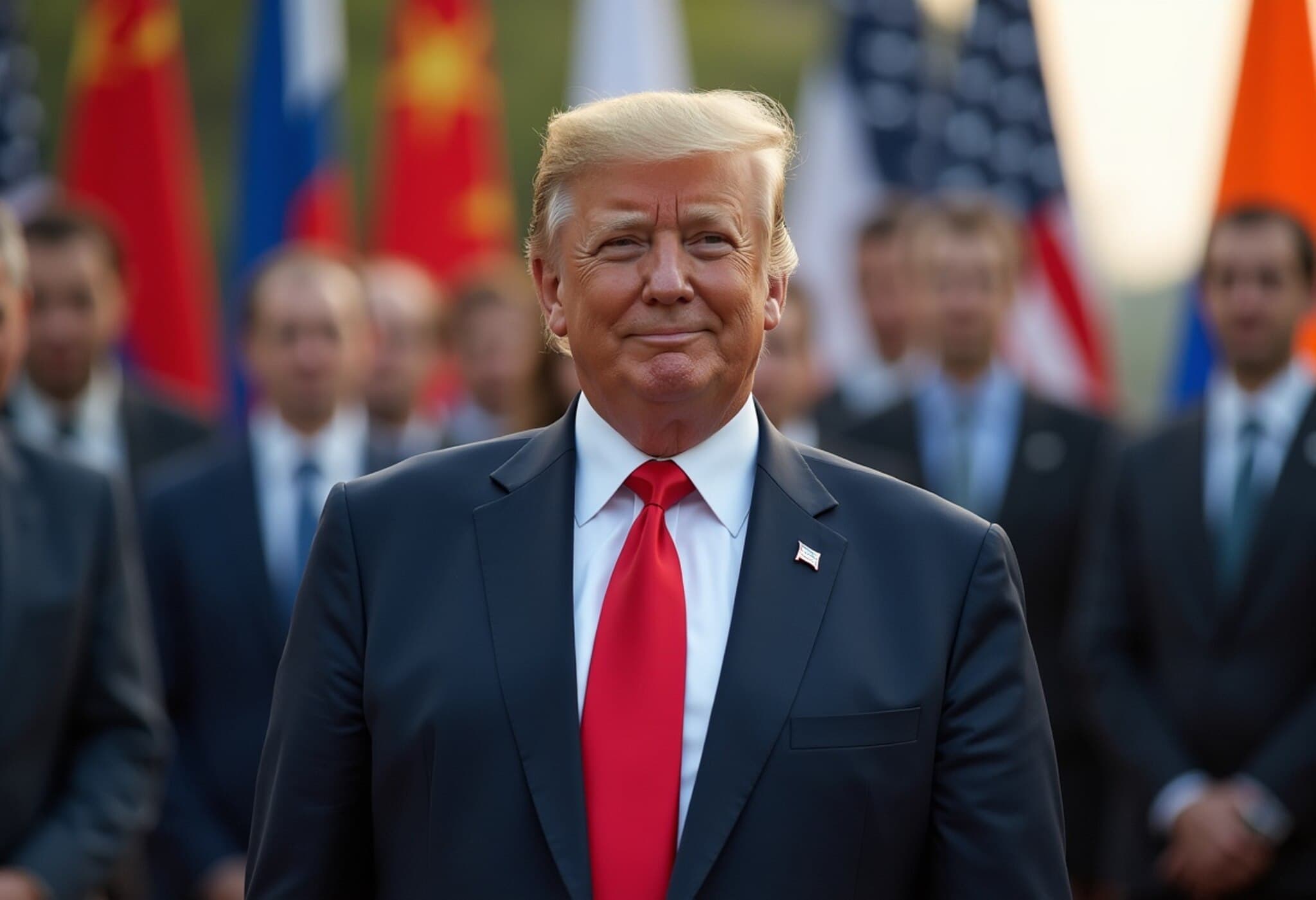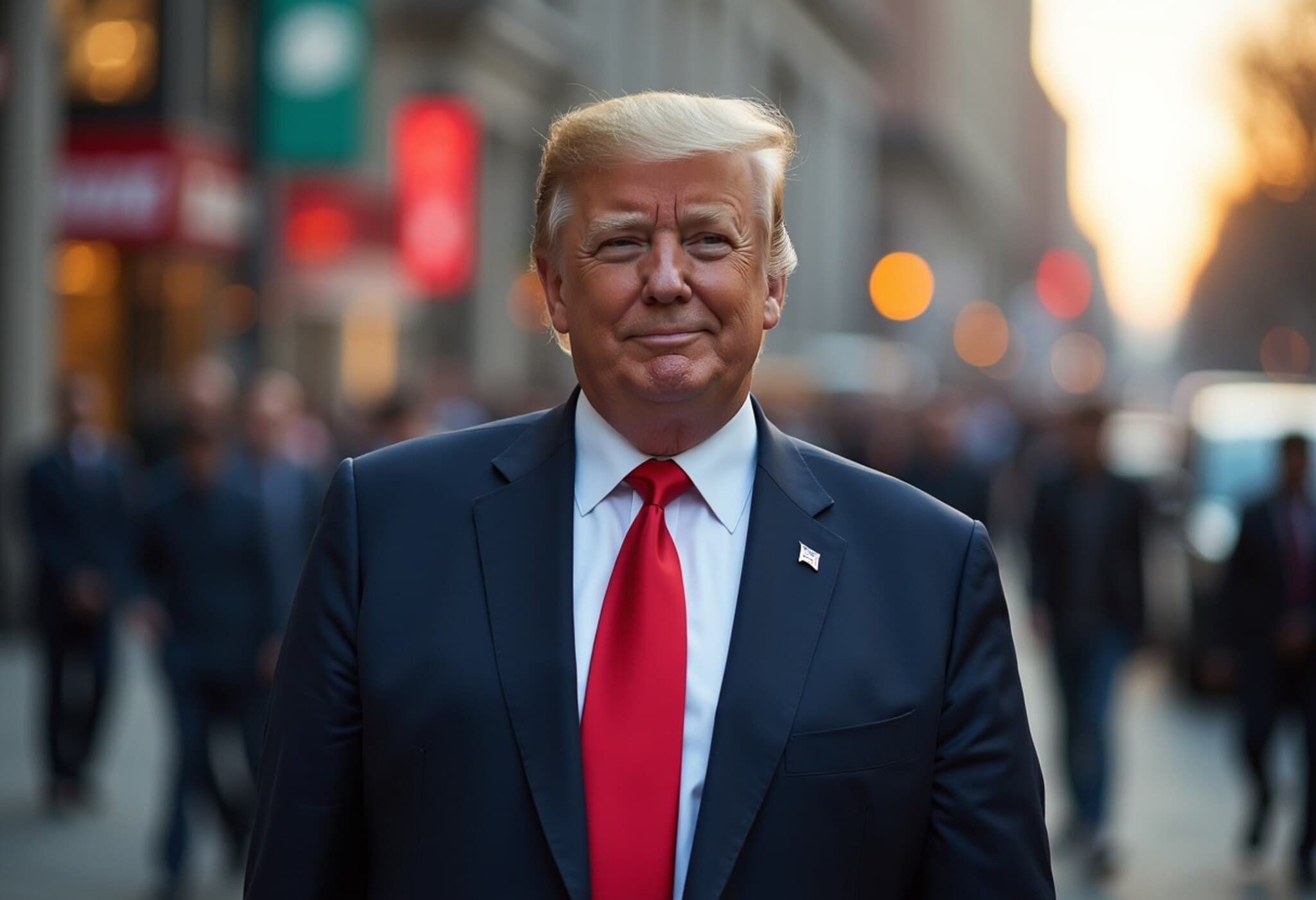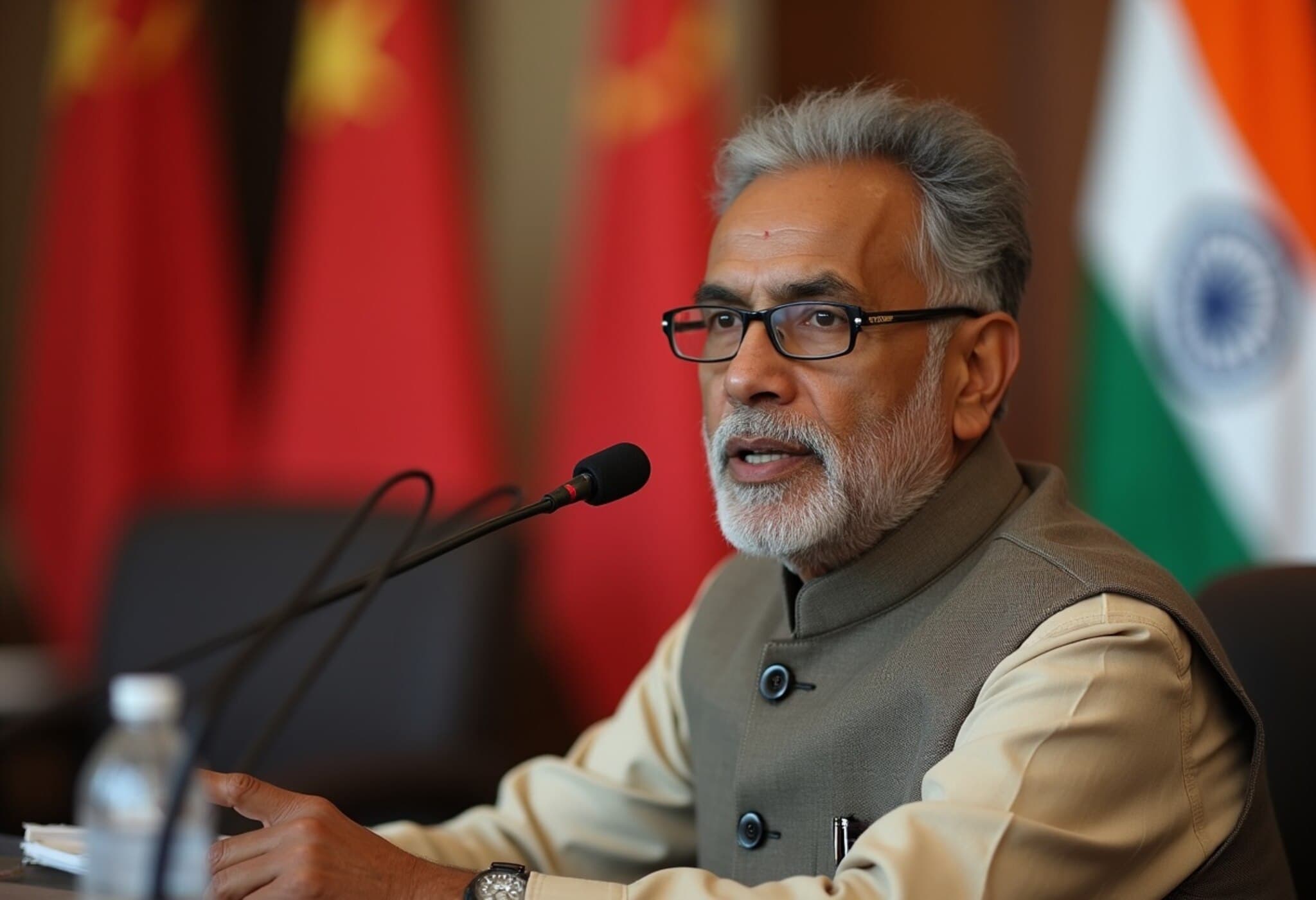Jefferies Analyst Encourages Standing Firm on India Despite US Tariff Threats
Christopher Wood, a leading emerging markets strategist at global brokerage Jefferies, has advised investors to view India as a resilient and attractive opportunity — even as US President Donald Trump escalates trade tensions by threatening steep tariffs on Indian imports.
In his widely followed newsletter Greed & Fear, Wood cautioned that rather than selling Indian stocks amidst these challenges, investors would be better served by buying. He reasons that Trump's aggressive tariff threats are likely temporary posturing and that he will ultimately "back off the stance, which is not in America’s interest."
Trump’s Tariff Threats and the BRICS Dynamics
Wood highlighted that the proposed 50% import tariffs from the US should not deter investment. Instead, they could present a unique buying opportunity given India’s underlying economic fundamentals and market potential.
Beyond India, Wood offered a broader geopolitical insight: Trump’s confrontational trade policies have inadvertently strengthened unity among the BRICS nations—Brazil, Russia, India, China, and South Africa. This coalition appears to be accelerating efforts to reduce dependency on the US dollar, signaling a potential shift in the global economic order.
India’s Market Performance: Challenges and Opportunities
While bullish on the long-term outlook, Wood acknowledged that India recently underperformed relative to other emerging markets, experiencing its worst period in over 15 years. Factors such as lofty valuations and a surge in equity supply have tempered gains, especially compared to strong rallies in Korean and Taiwanese tech stocks fueled by global hyperscaler investments.
However, historical trends suggest the Indian market often enjoys robust rebounds after similar downturns. With equity valuations now nearing their 10-year average and trading at a 63% price-to-earnings premium over emerging market peers, Wood asserts it's “too late to cut India” from portfolios.
US Foreign Policy Vacuum and Its Global Implications
Wood contrasted this with the perceived lack of coherent foreign policy vision under the Trump administration. He argued that effective foreign policy necessitates a clear conceptual framework—something he believes is currently missing with the 47th US president and his advisory team.
"This policy vacuum has unintentionally fostered unprecedented cooperation among BRICS countries," Wood noted. "Trump’s approach has backfired by pushing China, Russia, India, and Brazil into closer alignment, revitalising BRICS as a geopolitical and economic force to reckon with."
Expert Insights: Navigating Emerging Market Investments Amid Global Uncertainty
- For investors: Maintain a strategic overweight position in India despite short-term volatility.
- For policymakers: Recognize how unilateral trade measures may undermine US global influence and accelerate economic realignments.
- For global markets: Observe evolving BRICS coordination as a barometer of shifting power dynamics and efforts toward de-dollarisation.
Editor’s Note
Christopher Wood’s analysis offers a compelling reminder that geopolitical rhetoric does not always translate into sustained economic policy. As India continues to mature as a market, investors must balance short-term setbacks with long-term potential—especially as global power realignments unfold. This story highlights the necessity for investors and policymakers alike to understand how domestic policies ripple on the global stage, influencing not just markets but the very architecture of international economic relations.
In an era where protectionism threatens to fragment global trade, India’s resilience and strategic positioning within BRICS may prove crucial for savvy investors seeking both growth and diversification. The critical question remains: How will US foreign economic policy evolve, and can it adapt quickly enough to maintain influence in an increasingly multipolar world?

